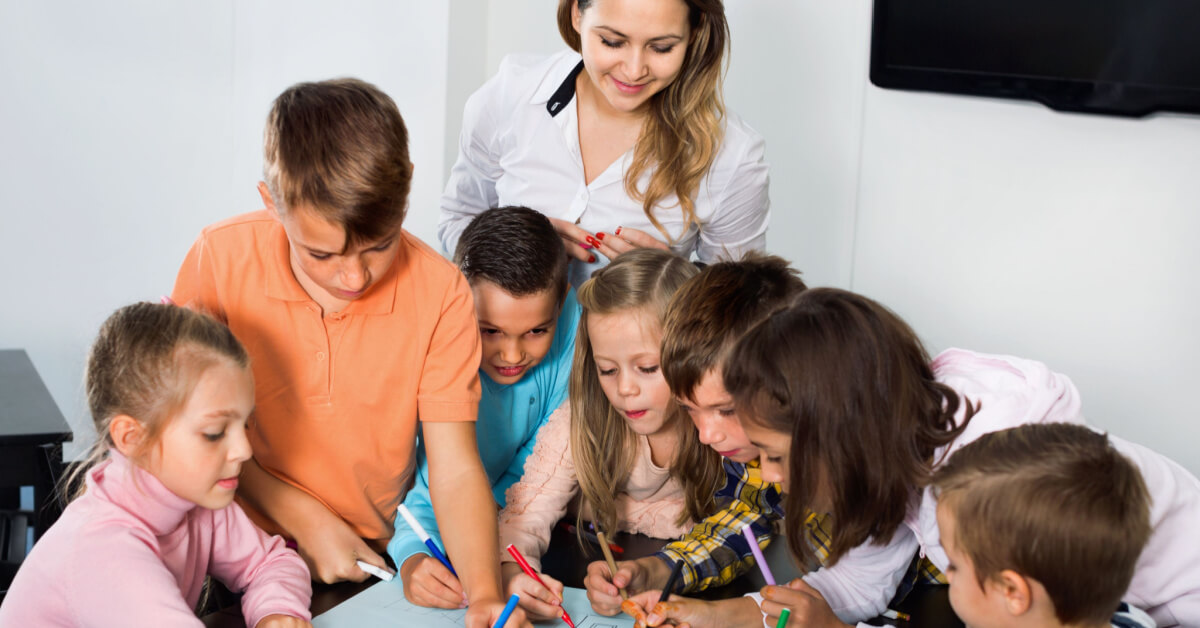September 19, 2022
It’s early fall and each school has communicated to teachers, students, and parents how this year will be better than the past.
Small changes have been made to the scope and sequence, perhaps there is new professional development offered on formative assessments: a fresh coat of paint on an old car. New technology has been bought for thousands of dollars and soon an already overburdened faculty will be trained on new platforms, systems, and apps—all of these modifications designed to bring the future to the classroom.
In education, there is a huge emphasis on teaching students to be future-ready. To most, this means one-to-one devices, learning how to code, new robotics clubs, and opportunities to use virtual reality (VR). These changes to the classroom are focused on building more adaptable students who are prepared to work with new technologies and make learning more engaging and efficient. All of these updates will benefit students, but few will enable higher levels of preparedness for a future where basic work can be automated and human-based skills are essential. Unfortunately, the way that the majority of time is spent in the classroom will not change and that will prevent our…


